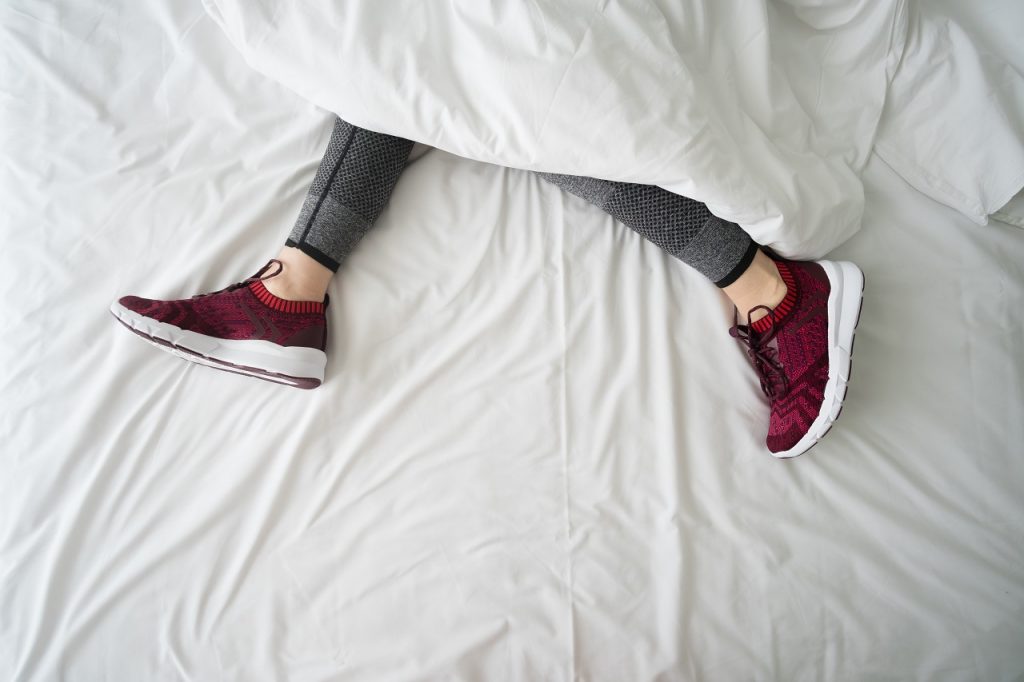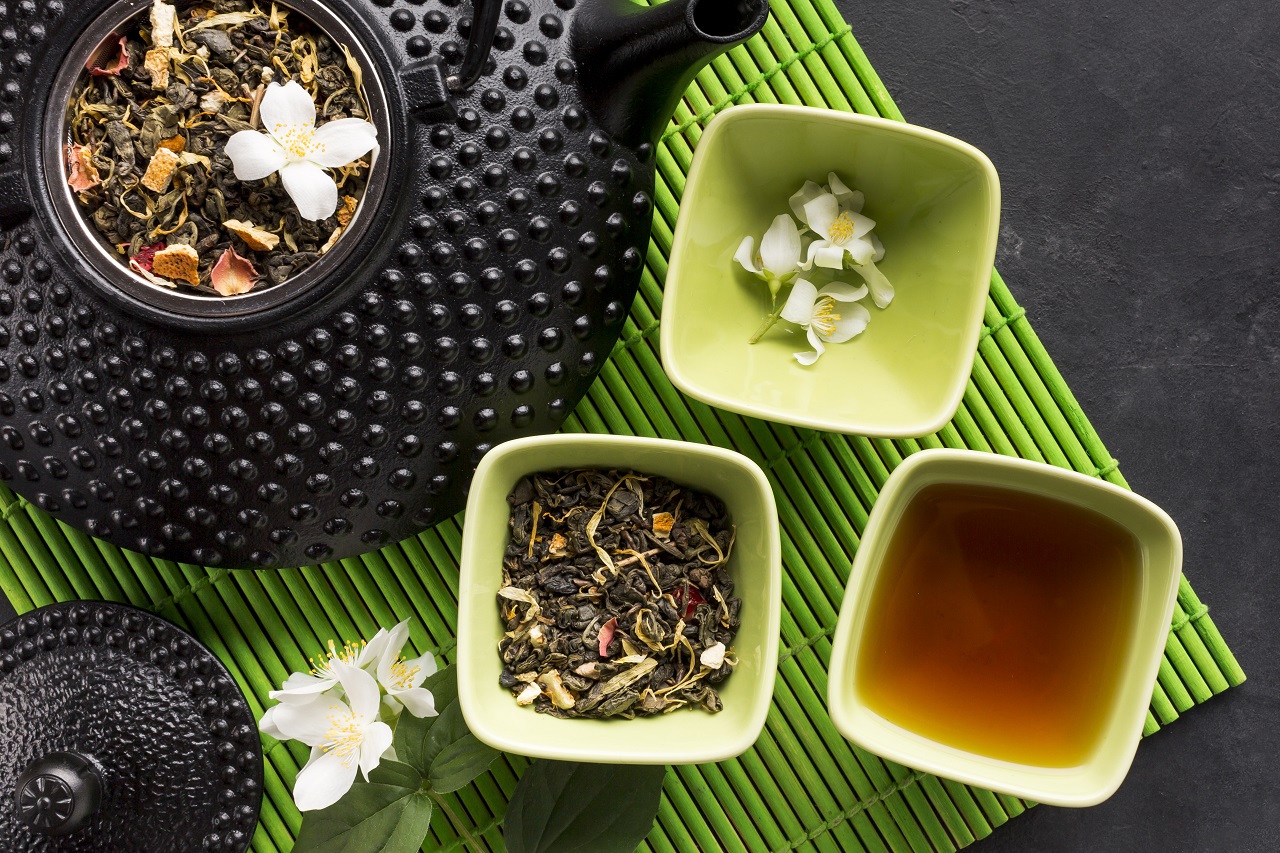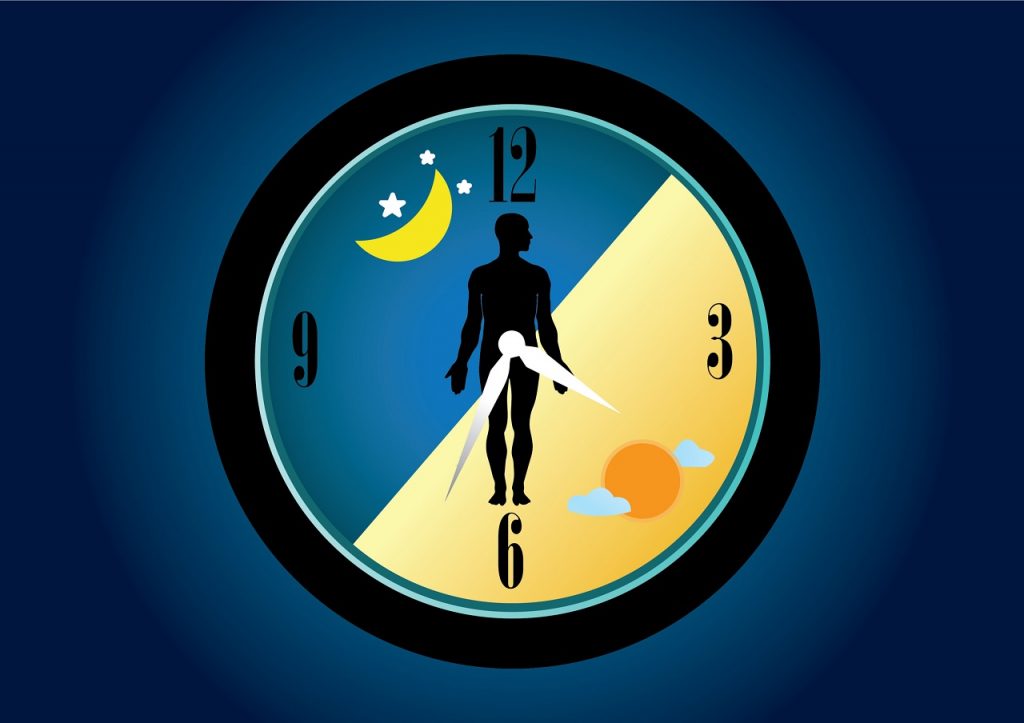
Have you found yourself in a predicament where you stayed up too late, got only a few hours of sleep, woke up groggy and went half asleep to the gym? But what is actually good for you – is it sleep or exercise? Both, actually! Sleep and exercise are key components of a healthy lifestyle. You can’t choose between sleep or exercise, as you need both. Slacking on either one of them can affect the other.
What Happens When You Sleep Late and Wake Up Early?
Due to minimal sleep, your circadian rhythms shifts. This means you’re “exercising during your biological night” when you should still be sleeping and that’s counterproductive. Your muscle cells, which also have circadian rhythms, recover and perform better during your body’s biological daytime than they do during the biological night.
Obviously, working out when your whole body is awake is crucial when it comes to your muscles and getting a proper amount of sleep also helps prevent injuries during exercises. In fact, a lack of sleep can weaken your immune system (which prevents you from working out) and can also lead to weight gain and health issues like cardiovascular disease and diabetes, i.e. precisely what exercise aims to prevent. But on the flipside, regular exercise promotes more restful sleep. So, working out at the right time can actually bank you some quality shut-eye rather than curb it.
How To Sleep Better For Better Exercise?
Whether you need to set an earlier bedtime or find a different window for working out, make sure you’re not putting yourself in the position to decide between these two titan pillars of wellness. Consider revolutionizing your to-do-list routine in a way that makes you happier to achieve these goals.
Stay away from heavy and oily foods before bed for better sleep. Also, keep away from electronics an hour before you go to bed as the back-light from your cellphones can affect your sleep. Try to be as comfortable as possible, which means wear loose clothing and keep yourself warm.
Try these tips to sleep better. In fact, you can also try breathing exercises to help you get better sleep: Click here to know more.
We hope this article has helped you and you don’t need to choose between sleep or exercise! To get more information like this from certified experts, subscribe for GOQii’s Personalised Health Coaching here.
#BeTheForce
 There are many people who face severe issues of sleep disorder and it is difficult for them to fall asleep. Sleep is a key component of good health. They say humans need at least 8 hours of sleep a night to rejuvenate and restore their bodies. Unfortunately, in the days of stress, chaos, constant electronic bombardment, adrenal fatigue, and hormonal craziness, we are seeing people generally getting less sleep, and the sleep they do get, tends to be interrupted in some way. This means the sleep quality and quantity have a lot to be desired. Thankfully, we have these 6 magical herbs which can help you relax, rejuvenate, and come to a quiet place of rest and relaxation.
There are many people who face severe issues of sleep disorder and it is difficult for them to fall asleep. Sleep is a key component of good health. They say humans need at least 8 hours of sleep a night to rejuvenate and restore their bodies. Unfortunately, in the days of stress, chaos, constant electronic bombardment, adrenal fatigue, and hormonal craziness, we are seeing people generally getting less sleep, and the sleep they do get, tends to be interrupted in some way. This means the sleep quality and quantity have a lot to be desired. Thankfully, we have these 6 magical herbs which can help you relax, rejuvenate, and come to a quiet place of rest and relaxation.



